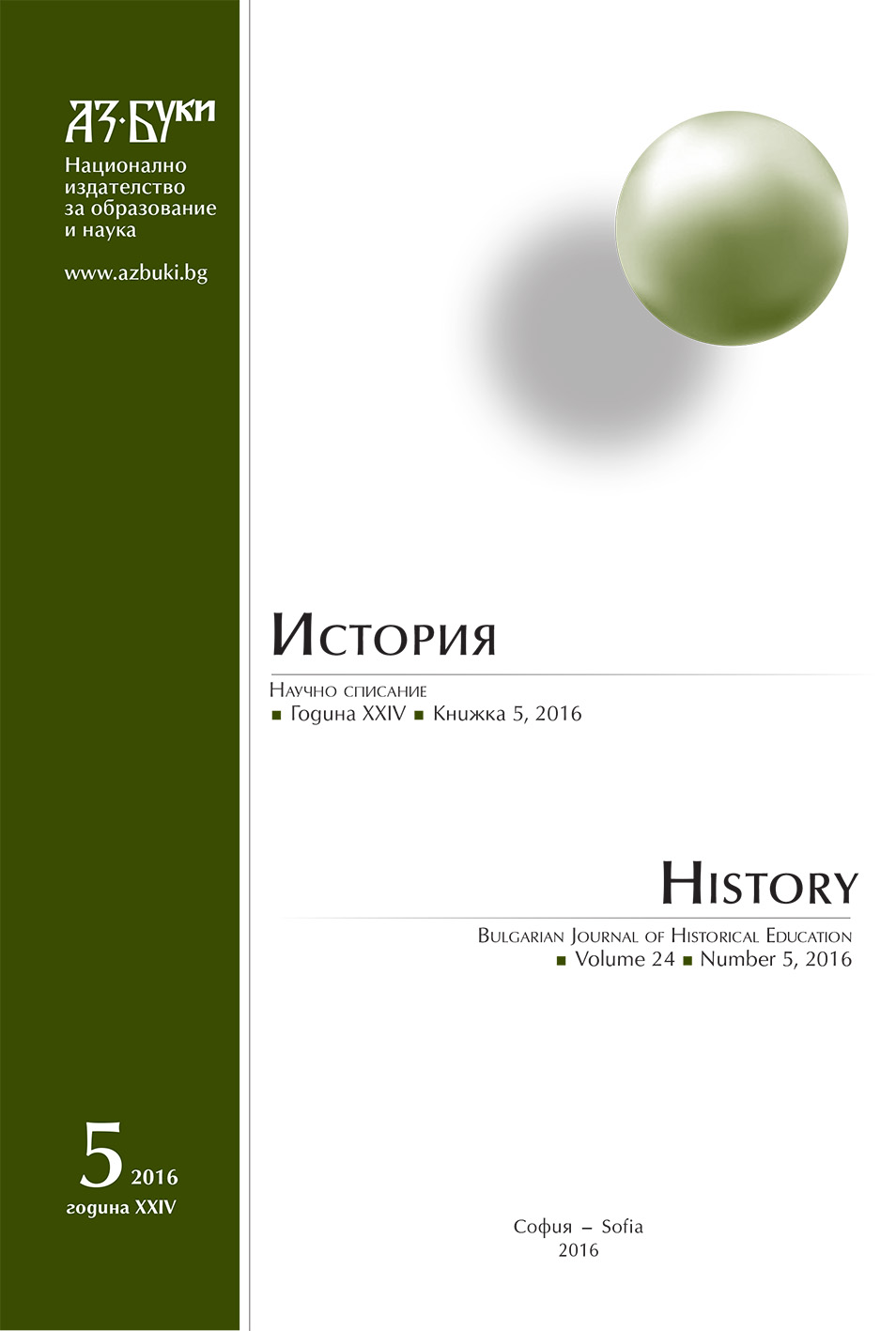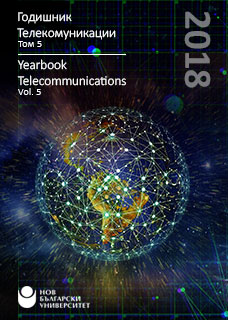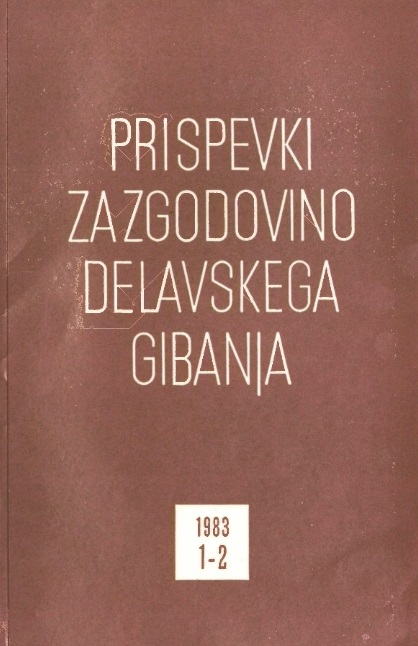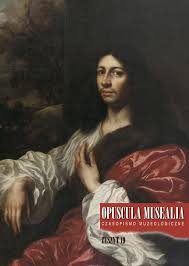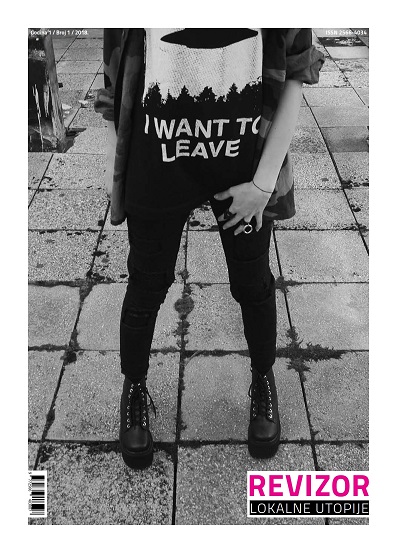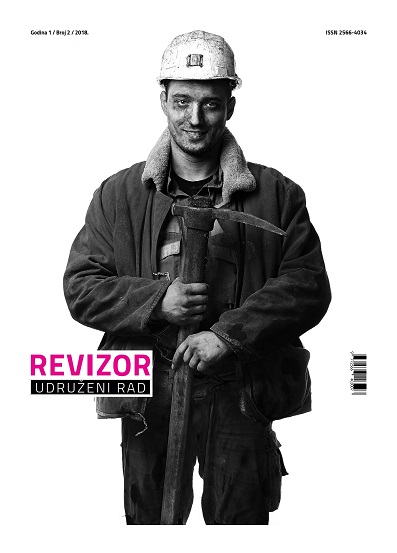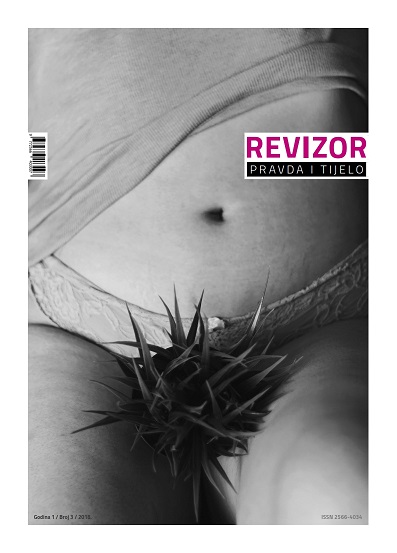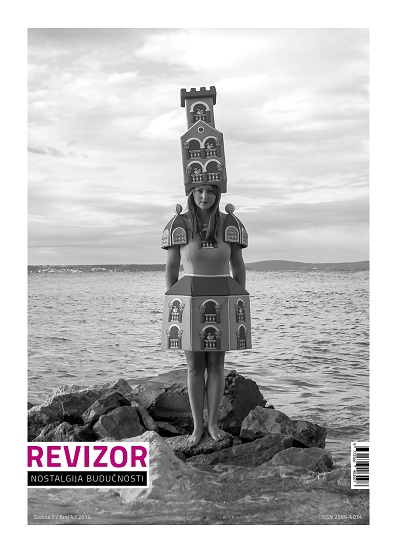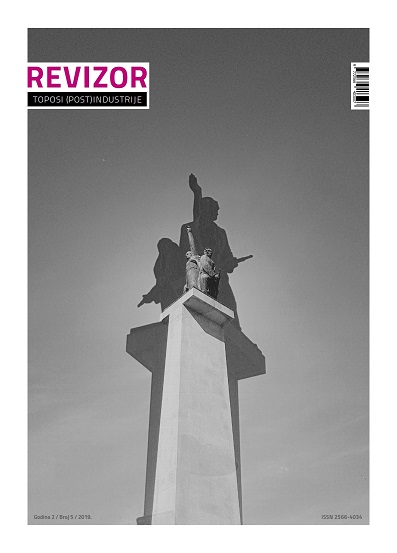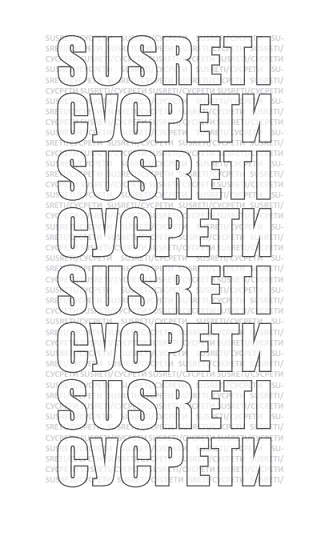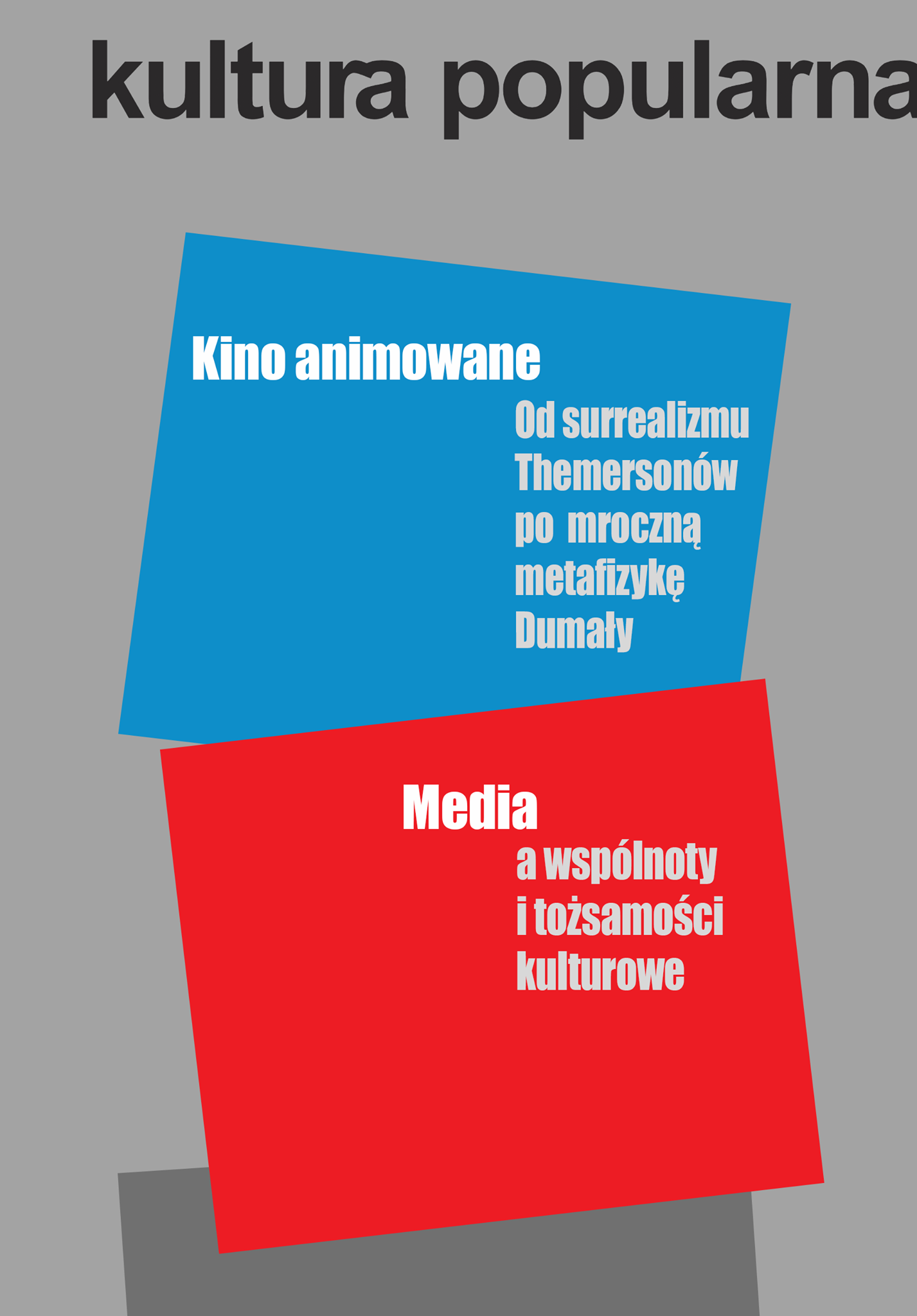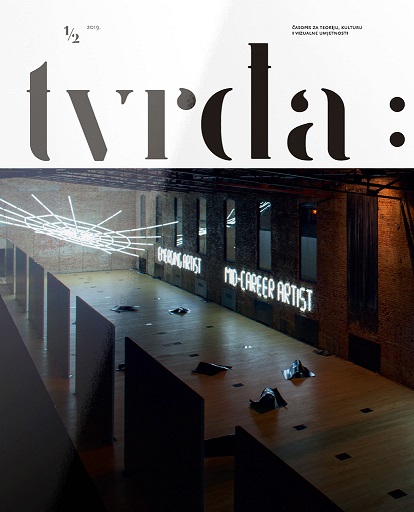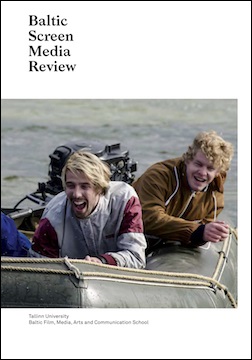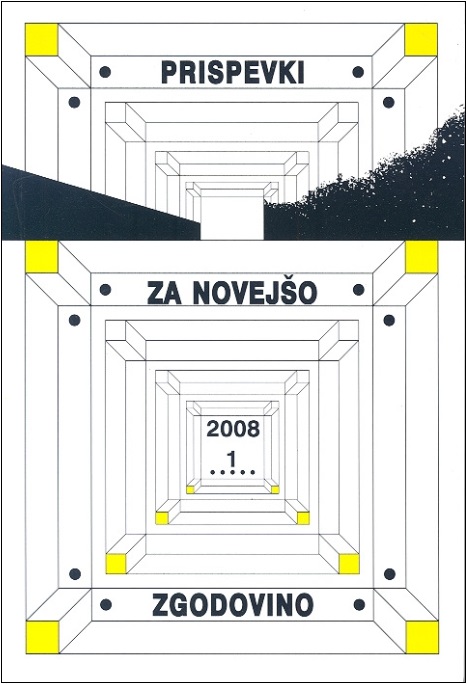
Džez v Sloveniji kot subkultura
The author focuses on the development of jazz in Slovenia. She presents it ever since its beginnings between the World Wars, when the musicians have not even played real jazz yet despite the name, through the period after World War II, when jazz as a new musical direction in the true meaning of the word started out relatively early in our territory with the establishment of the Plesni orkester Radia Ljubljana (Radio Ljubljana Dance Orchestra), developed in accordance with the Western (American) example and transcended the field of an alternative subculture, becoming an established artistic form in the 1960s, and then returned to the world of popular music with the establishment of the "Young Jazz Scene" by the younger generation of musicians, especially the group "Quatebriga" from Ljubljana as a representative of the most original contemporary improvised music lineups of the 1980s.
More...
